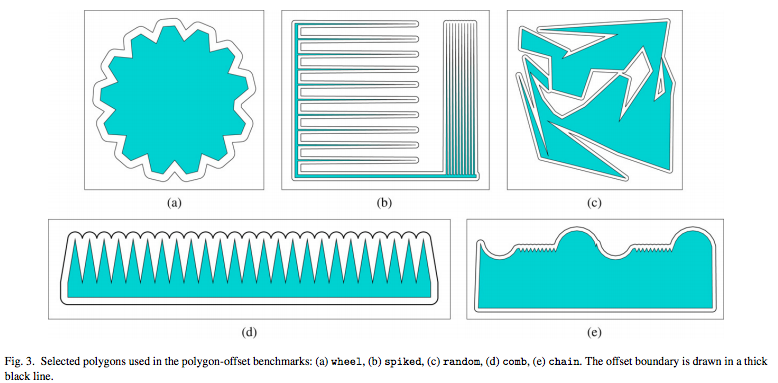$\newcommand \X {\mathcal{X}}$ $\newcommand \sd {d_{\rm sign}}$ Let $(\X, d)$ be a metric space and define the distance between a point $x \in \X$ and a set $S \subset X$ by $d(x,S) = \inf_{y \in S} d(x,y)$ and the signed distance to be $$ \sd(x,S) = \begin{cases} d(x,S) & \hbox{ if $x \not \in S$}\\ -d(x,S^c) & \hbox{ if $x \in S$} \end{cases}. $$
For any $\sigma \in \mathbb{R}$, we can define $S_\sigma = \{x \in \X \,:\, \sd(x,S) \leq \sigma\}$. When $\sigma > 0$ this corresponds to enlarging the set $S$ and when $\sigma$ is negative, this corresponds to shrinking $S$. Is there a name for the set $S_\sigma$, and do these sets have well-known properties?

